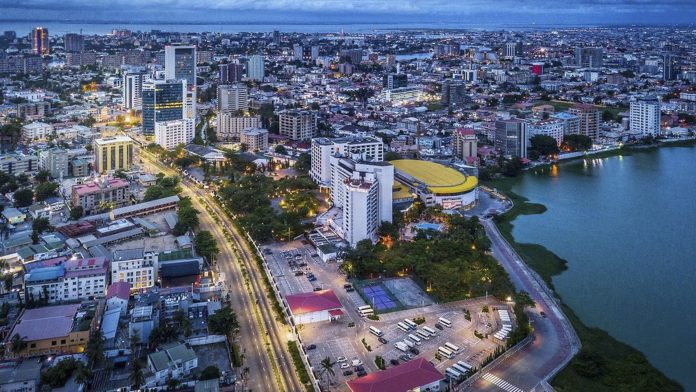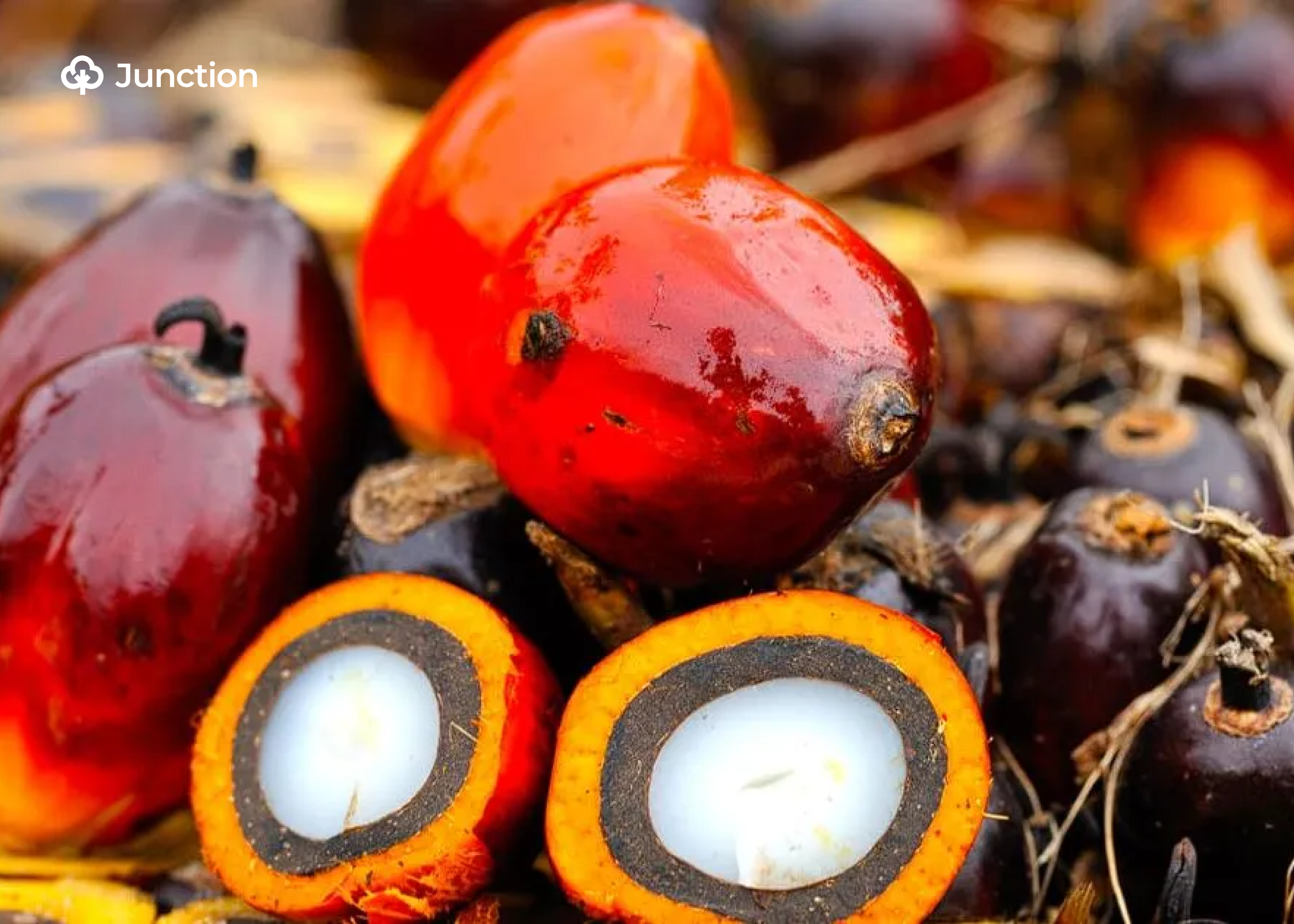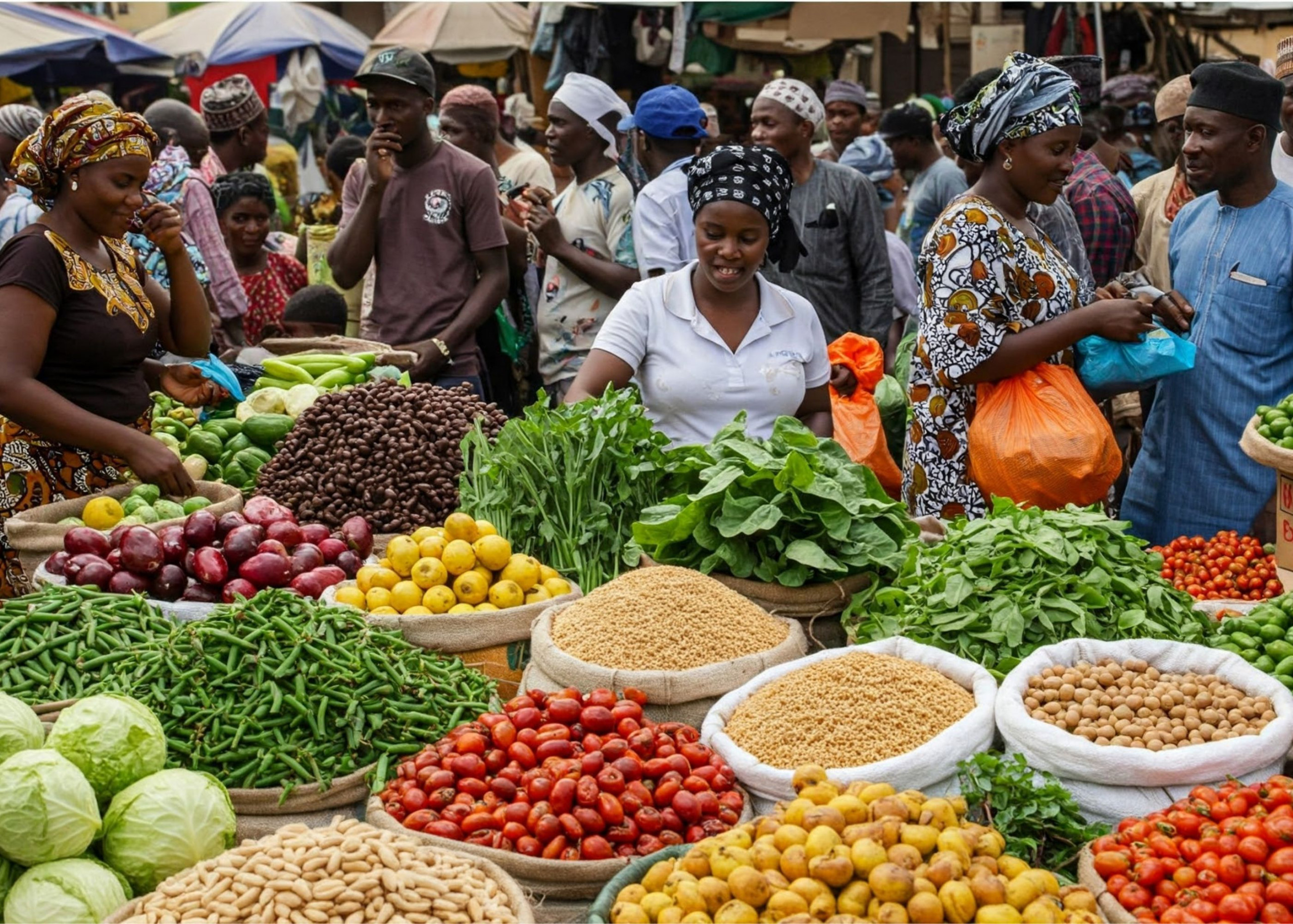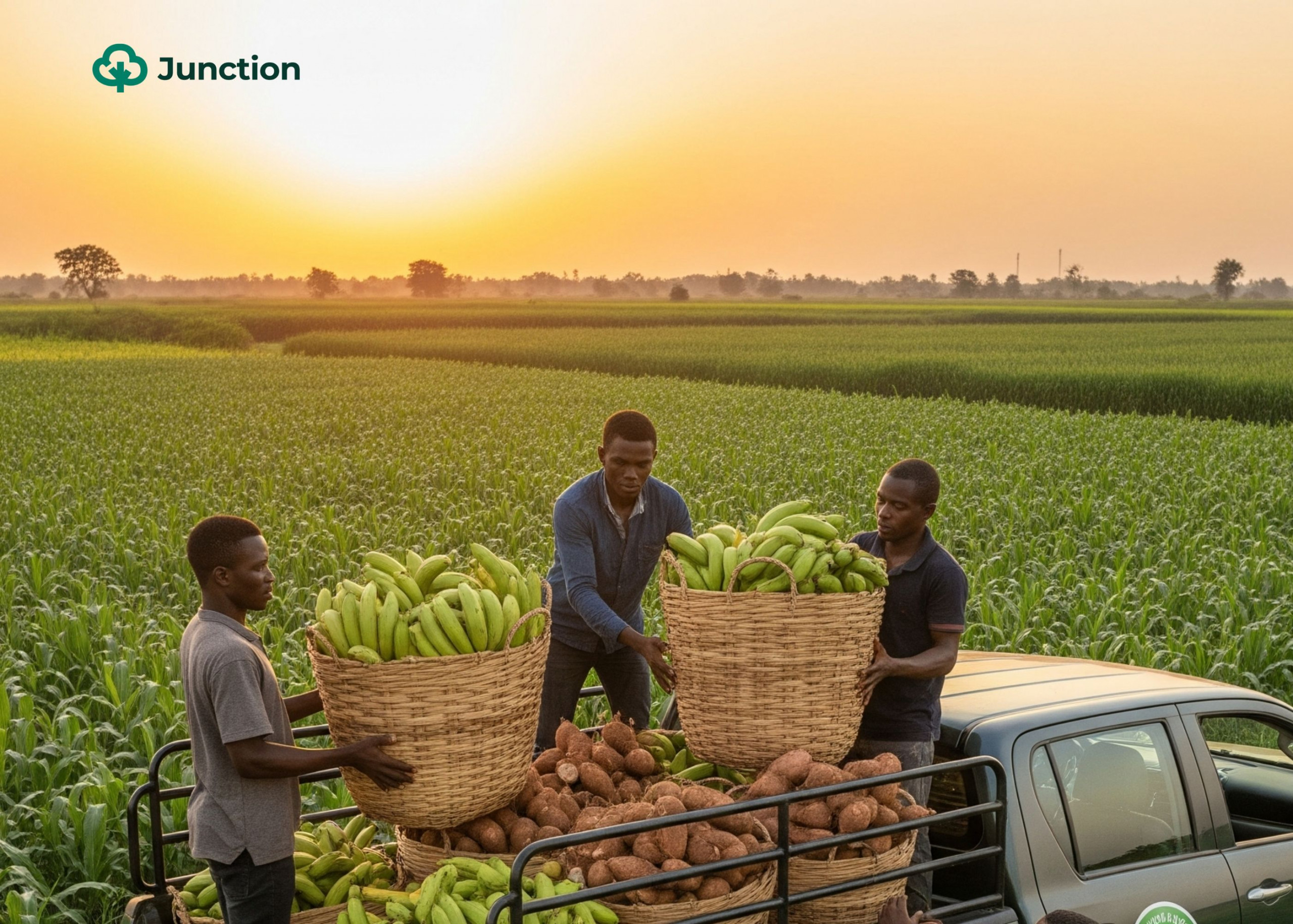Capital importation, which is the inflow of foreign capital or investment into a country, essential for stimulating economic growth. It can be in form of foreign direct investment (FDI), portfolio investment (PI), loans, grants, and other financial instruments. With capital importation into a sector like agriculture, key players can tap into external sources of financing, technology transfer, diversification, increased foreign exchange reserves, revenue generation, and more.

The chart above shows the percentage breakdown of capital importation into Nigeria from 2020 to 2022. Between 2020 and 2021, the country’s FDI reduced by 0.21% ($1.028 billion to $0.699 billion) and a further 1.65% reduction from 2021 -2022. PI also decreased by 7.37%, while ‘other investments’ such as loans, trade credits, and so on, fell each year as well.
While the percentage of capital importation from ‘other investments’ increased, in actual amount ($), the value decreased (see table below).

The decrease in capital importation between 2019 and 2020 may have been due to the COVID-19 pandemic, which led to a global economic recession and decreased investment appetite.
Also, insecurity in Nigeria have made the country unattractive to investors as well as unstable political environment, especially in preparation for elections in 2023. The constantly rising exchange rate also means that lesser value of foreign investment will translate to higher value in Naira. Thus, we see capital importation dropping in value steadily since 2019.
Since recording a high amount of capital importation in 2019, right before the COVID19 pandemic of 2020, capital importation amounts are yet to return to pre-covid levels.
However, generally there has been an upward trend in terms of percentage from total capital importation, with an exception of 2016 and 2022. As you can see from the chart below, these two years saw the only drop in an otherwise rising trend.

Over the last nine years, 2021 witnessed the highest contribution to agricultural sector at 5.46% and the lowest being the year 2014 at about 0.12%.
There has been an overall increase in the amount of investment going into the sector in Nigeria as the summary data in Table 1 shows.
Increased investment in the agricultural sector is a positive development for Nigeria given its potential to boost the country’s economy. It can create more food and agriculture startups and jobs, increase domestic production, improve rural development and more.
The above-mentioned growth may need increased subsidies to farmers, agricultural research and development (R&D) and more regulatory policies. Additionally, Nigeria’s agriculture requires implementation of digitised solutions in a way that the impact is felt by Nigerians.
To encourage more investments in the agricultural sector, the federal government may have to reduce the cost of doing business in the sector through taxes reduction, simplifying regulations and providing access to credit.



